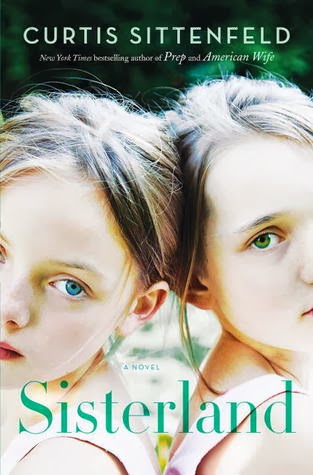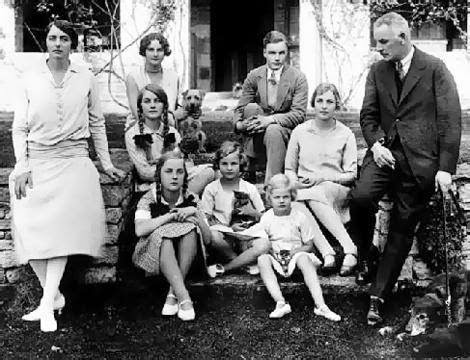A Pleasure and a
Calling by Phil Hogan
Published by
Doubleday
27th
February 2014
Hardback Edition
You won't remember Mr
Heming. He showed you round your comfortable home, suggested a sustainable
financial package, negotiated a price with the owner and called you with the
good news. The less good news is that, all these years later, he still has the
key.
That's absurd, you laugh. Of all the many hundreds of houses he has sold, why would he still have the key to mine?
The answer to that is, he has the keys to them all.
William Heming's every pleasure is in his leafy community. He loves and knows every inch of it, feels nurtured by it, and would defend it - perhaps not with his life but if it came to it, with yours...
That's absurd, you laugh. Of all the many hundreds of houses he has sold, why would he still have the key to mine?
The answer to that is, he has the keys to them all.
William Heming's every pleasure is in his leafy community. He loves and knows every inch of it, feels nurtured by it, and would defend it - perhaps not with his life but if it came to it, with yours...
If you were to put a
gun to my head and ask me to explain myself, I suppose I might begin by saying
that we are all creatures of habit. But
then, you might wonder, what creature of habit is a slave to the habits of
others? All I can say is that the
habitual is what I love most and am made for; that the best I can do is hang
on, have faith, and hope what has lately blown through our unremarkable but well-ordered town will be forgotten and
all will be calm again. Right now I
feel lucky to hear myself breathe. The
air is dangerously thin. It seems to
rush in my ears. And yet the scene is
peaceful here in the half-lit, slumbering pre-dawn: a white coverlet glowing in
the room, a discarded necklace of beads, a shelf of books, one face down,
splayed on the bedside-table, as though it – like the whole town at this hushed
time – is dead to the world. I cannot
make out the title but the sight of this book with its familiar cover image
(the shape of a man in raised gilt) returns me to that day, not too long ago,
when the wind changed and the sky blackened and ordinary life – startled by the
sudden thunderclap of the unusual – reared, kicked over the lantern and turned
the barn into a raging inferno whose leaping, thrilling flames could be seen
from a hundred miles away.
On the surface William Heming is an ordinary man. Runs a successful estate agency, keeps
himself to himself, quiet and unassuming.
But then you might start to wonder why he has no real friends or how
come his family, such as it is, want nothing to do with him. Dig a little deeper and you might find out
why he was expelled from school, and why the neighbours from his childhood are
suspicious of him.
Mr Heming has more than one secret and he’s very good at
keeping them. And not only secrets -
but keys as well. Every key from every
house he has viewed and sold. Mr Heming
likes to visit your house when you aren’t there, sometimes taking a trophy or
too while he’s at it. Occasionally he
stays when you are on holiday – call it all part of the service; for once Mr
Heming has been let into your house, you can guarantee he won’t be leaving in a
hurry. Mr Heming likes his secrets to
remain secrets, so try not to get in his way and find out too much about him,
or it might just cost you your life!
I loved this book, it’s original and well-written, and a
real page-turner. If after reading
this, you haven’t changed all of your locks, I’d be very surprised!
Happy Reading
Miss Chapter x






















